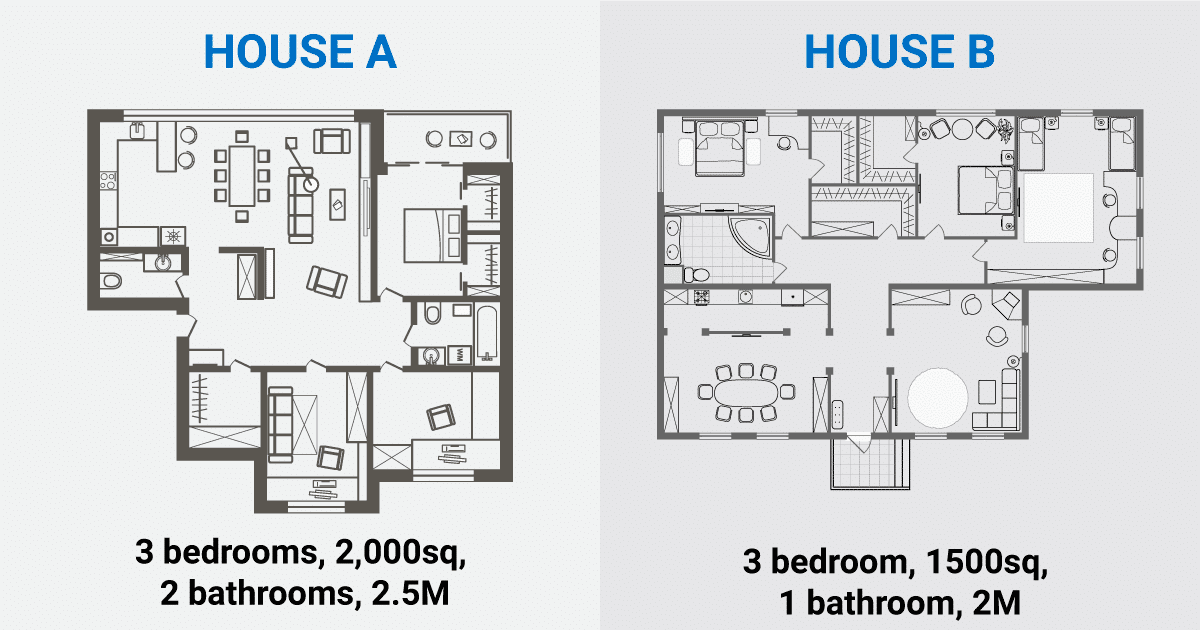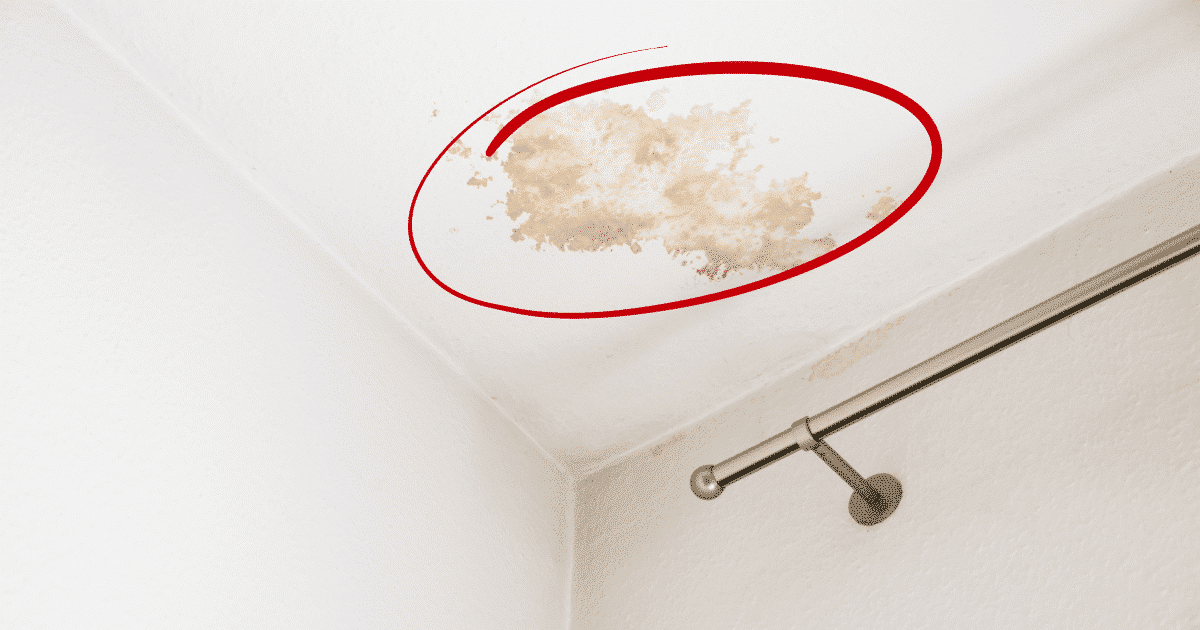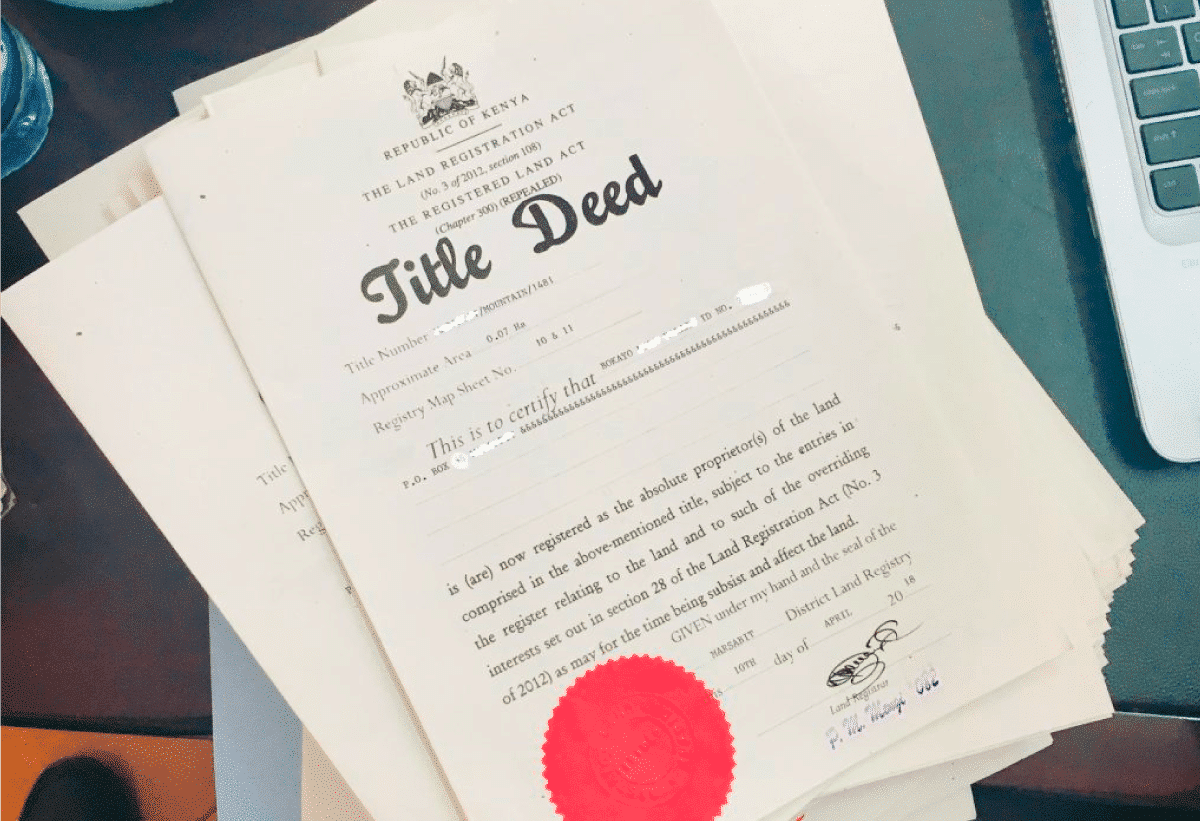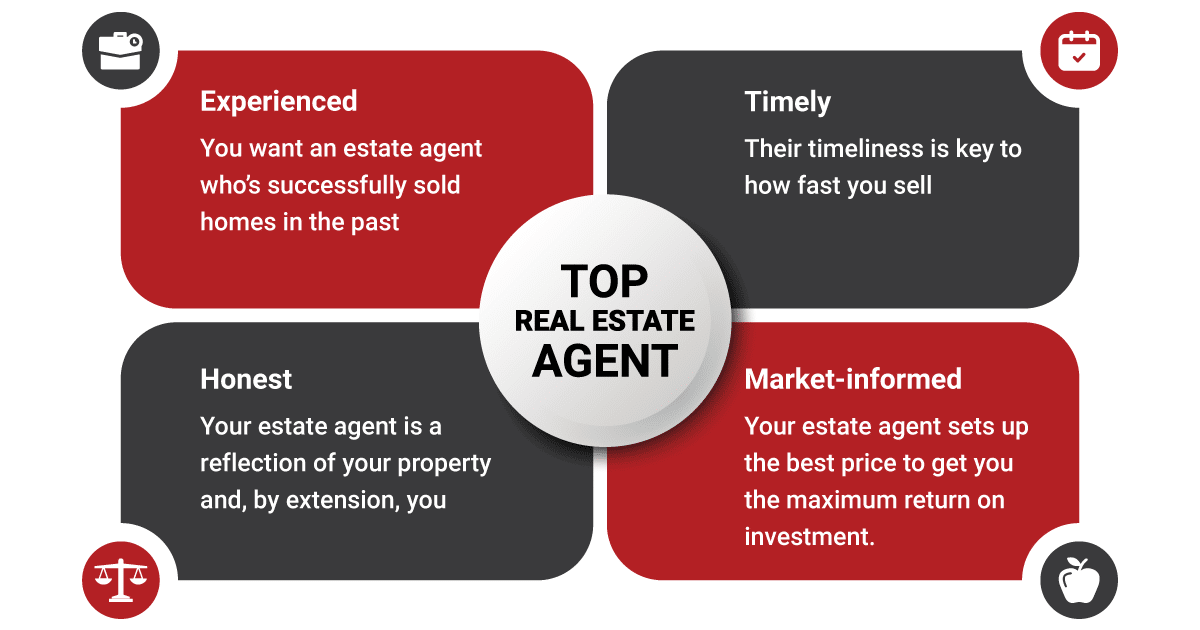Isn’t it more sensible to sell your home by yourself and pocket the full amount instead of paying commission to someone else?
As attractive as that sounds, in most cases, the answer is no.
Unless you have top-notch knowledge of the market, a pool of industry contacts on speed dial and savvy negotiation skills, hiring a real estate agent is likely the best option for you.
So to guide you, we’ll go through what value they bring to each stage of the selling process and the critical questions to ask before you hire one.
Table of Contents
Benefits of Using a Real Estate Agent
Paying an Estate Agent 3-6% of the money you make from selling your home sounds expensive. But not when you consider the value of the services you are buying.
Juggling the time-consuming and small nitty-gritty details involving the sale of a home is not a skill that effortlessly comes to everyone; except for your estate agent.
READ ALSO: How to Identify and Avoid Real Estate Scams in Kenya
Below we look at how they go the whole nine yards to ensure your sale is hassle-free.
1. Conducting Market Research to Price Your Home
How much do you know about your neighbourhood? You may know the restaurants you frequent, your kid(s)’ school, your local gym and supermarket etc. This is useful information.
However, when it comes to figuring out how much your home is worth, there is a lot more involved.

In their pricing opinion, your estate agent prepares a comparative market analysis (CMA) report that looks at:
- The condition of your home
- How much similar homes around the neighbourhood were recently sold for
- Whether prices are stable, rising or falling in your neighbourhood
- Upcoming developments in your area that would affect the value of your home
With a CMA, your estate agent has a clear idea of how much people are willing to pay for similar homes, which informs the asking price.
Of course, after all the research, you’ll have the final say deciding your asking price.
2. Marketing Your Home to Potential Buyers
With the asking price in hand, it’s time to show your home to interested buyers. While you love your home as it is, there might be extra effort needed to make it stand out.

Staging a home to make it attractive to buyers is an art. Luckily, your estate agent is experienced in this and can give you advice on how to showcase your home’s best assets. These include tips on:
- Depersonalising
- Decluttering
- Deep cleaning
- Defining rooms
- Arranging furniture
Furthermore, your estate agent has an eye for red flags that could make buyers ask to pay less than your asking price, or worse still, scare them away.
Aside from staging, your estate agent is responsible for coordinating viewings, meeting with buyers and making sure a prospect is financially able to buy your home.
Most estate agents will have contacts in financial companies where they can confirm that a potential buyer has been prequalified for a loan so that you only engage with serious buyers.
This saves you time.
3. Negotiating on Your Behalf
Your home has a special place in your heart, and that’s understandable. However, when it comes to negotiating with buyers, this could cloud your judgement.
Given your estate agent has no emotional attachment to the property, they can objectively evaluate every buyer’s proposal. Additionally, they can stop you from making mistakes such as refusing to counter a low offer because you are offended or giving in quickly due to time pressure.
All their effort during negotiation is geared towards ensuring that you sell for the best price possible. And rightly so.
Not only do they negotiate with the buyer, but with all other professionals, e.g. appraisers, home inspectors and real estate lawyers.
4. Advising and Counseling You
Have you heard of the term “full seller disclosure”? If not, don’t worry, technical terms are supposed to be precisely that.
According to The Transfer of Property Act, a seller is required to disclose any material facts that affect the desirability or value of the property. However, picking out what exactly qualifies as material vs non-material facts is the challenge. A wrong interpretation of this could open you up to potential lawsuits.

And that’s where your agent comes in; to pick out crucial details you’d otherwise miss and save you potentially thousands in litigation fees.
Additionally, they will know every document that needs to be filled, by whom and at which stage of the process.
5. Monitoring and Closing the Deal
Usually, the paperwork tends to get heavier and more overwhelming after you settle on a buyer. For example with offers, counteroffers, settlements statements, transfer disclosure statements, sales agreements etc.

Your estate agent prepares and facilitates the signing of the documents with the help of a real estate attorney—usually, someone they trust and have a working relationship with.
However, you need to cover the attorney fees separately, which is usually around 1%-2% of the selling price. Remember, you have a savvy negotiator on your team, so use them to ensure you pay the minimum legal fees.
READ ALSO: 4 Reasons Why Hiring a Property Advocate is Essential
And suppose any other issue arises, e.g. mishaps with the title deed, your estate agent will make the various trips to the deed registry at Ardhi House to ensure all is smoothed out.
READ ALSO: Ardhisasa: Kenya’s Newest Land Information Management Tech
Choosing the Right Real Estate Agent
We get it, finding the right estate agent can be challenging. You can start by searching on reputable sites online or getting recommendations from friends and family.
Afterwards, arrange to meet at least three different estate agents for in-person interviews. Don’t be shy to ask them for a portfolio with detailed information on their sales over the past 12 months.

To guide you through the interviews, here is a list of critical questions to ask to ensure you pick the best agent:
1. Are you licensed by the Estate Agent Registration Board (EARB) of Kenya?
You can confirm this on the list of licensed agents on the EARB website.
2. How has the market changed in the last five years?
You not only want to know how long an estate agent has been in the game but also test their knowledge and skill set. Look for answers indicating local market trends, technological advancements and adaptation of marketing strategies to keep up with the fast-paced Kenyan real estate market.
3. What neighbourhoods do you specialise in?
The estate agent you hire must have knowledge of the area your property is located in. Ask questions about the current market condition, home prices, schools and amenities to see how well they know the neighbourhood.
4. Are you an exclusive seller agent?
While most estate agents tend to represent both buyers and sellers, the best option is one who specialises exclusively with sellers as the needs of the two are quite different.
5. How will communication work?
It’s crucial to find out how quickly the estate agent will get back to you. Whether on the phone, email or with in-person visits.
6. How many homes have you closed this year?
Get a feel for the ratio of the number of clients they’ve had vs the number of houses they have sold. Ideally, you’d want to see they’ve sold at least half of their listings.
7. How would you determine the best price for my house?
The key is to see how they arrive at a number. Someone who comes up with figures from the top of their head is a definite no. Additionally, have a closer look at their finals sales from the portfolio and compare to original listing prices. Ideally, these should be close to or over the listing price.
8. How long does it take sellers you’ve worked with to sell a home?
While realistically, it could take time to sell a home, an average time of six months is a sign of a good estate agent.
9. Can you provide client references?
You’ll get an idea of how professional an estate agent is by talking to people they’ve worked with to see how happy they were.
To Wrap This Up
Yes, you can choose to sell your home by yourself. But it’s often worthwhile to pay agency fees to get accurate market knowledge, a savvy negotiator and crucial legal advice so that you sell your home for what it’s worth.
READ ALSO: How To Sell Your House Privately Without A Realtor
So, as you go in search of the right estate agent, here’s a summary of the top characteristics to look for:




